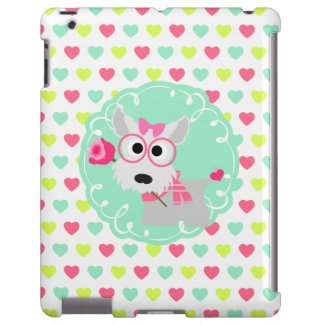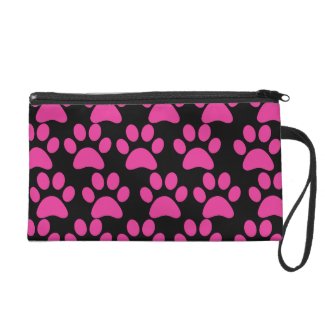Are Puppy Kindergarten Classes Necessary? You Be The Judge (Part 4)
Most puppy classes show you how to
physically handle your puppy, also called “social handling.” By handling
puppies often and gently, they learn to accept being touched, including looking
inside the ears, touching the teeth, and handling the paws and toenails. This
gentle handling makes grooming much easier, especially combing, brushing, and
checking for fleas, ticks, burrs and tangles in the hair.
A significant part of puppy class also teaches
you how to prevent future problem behaviors. For example, by teaching your
puppy to sit and stay at an open door or gate, you can prevent your puppy from
learning to dash through that opening to the outside world, and perhaps running
away or getting hit by a car. When your puppy learns to sit for petting,
jumping on people is no longer a problem.
A puppy class should set up practical
solutions because often, it's everyday routines that cause the biggest problems
for the pet dog owner. The class should also address problems within the family
over the pup, including inconsistent training.
More Gifts For The New Puppy Owner

Cute Girly Westie Puppy Pink Mint Hearts Pattern by Jujulili
Find galaxy s5 covers online at zazzle.com

Cute Puppy Dog Paw Prints Hot Pink Black Wristlets by PrettyPatternsGifts
View more Pink paw Bagettes Bags at zazzle.com

Art Print Boston terrier Vintage iPhone 5/5S Cover by Renivall
Check out these iPhone 6 Plus Cases at Zazzle

Kawaii Short Hair Yorkie Cartoon Dog Mini Basketball Hoop by Kaz_Foxsens_Animals
View another Mini Basketball Backboard online at Zazzle
Finding The Perfect Puppy Class
There are many ways to find a great puppy
training class. Like any business, reputation and referrals are the best. Look
at dogs you admire and ask the owners where they went to class. If you and your
puppy go for a walk and you see a wonderfully behaved, friendly dog, do just
that. People love to talk about their dogs, and will gladly share dog training
stories with you.
You can also call around to local
veterinarians and ask where they recommend their clients take their puppies for
training. Veterinarians and their staff see all kinds of dogs, including those
that are well-trained and easy to handle, as well as dogs that have no training
at all and are difficult to treat.
When you have the names and phone numbers
of a few different trainers, give them a call and talk for a few minutes. Ask
where they train. Is it in a public place that might be a hazard to a puppy or
do they have a private, enclosed training yard? What steps have they taken for
the participants' safety, particularly for small dogs? When do they recommend
puppies begin training? What vaccinations do they require?
Then ask if you can come back and watch a
class. Leave your puppy at home and watch how the instructor teaches the class.
How does the instructor teach the students? Are the students attentive? Are
they having fun? Does the instructor relate well to the dogs in class? Is the
instructor's dog well-behaved? After watching the class, would you be
comfortable in this class?
As you watch the class, keep in mind that
every trainer and instructor has his or her own training style and techniques.
Some trainers use clickers; others use positive methods, such as food treats
but no clickers; and some trainers use other techniques. Choose something that
you would feel comfortable with and that works best for you and your dog.

No comments:
Post a Comment